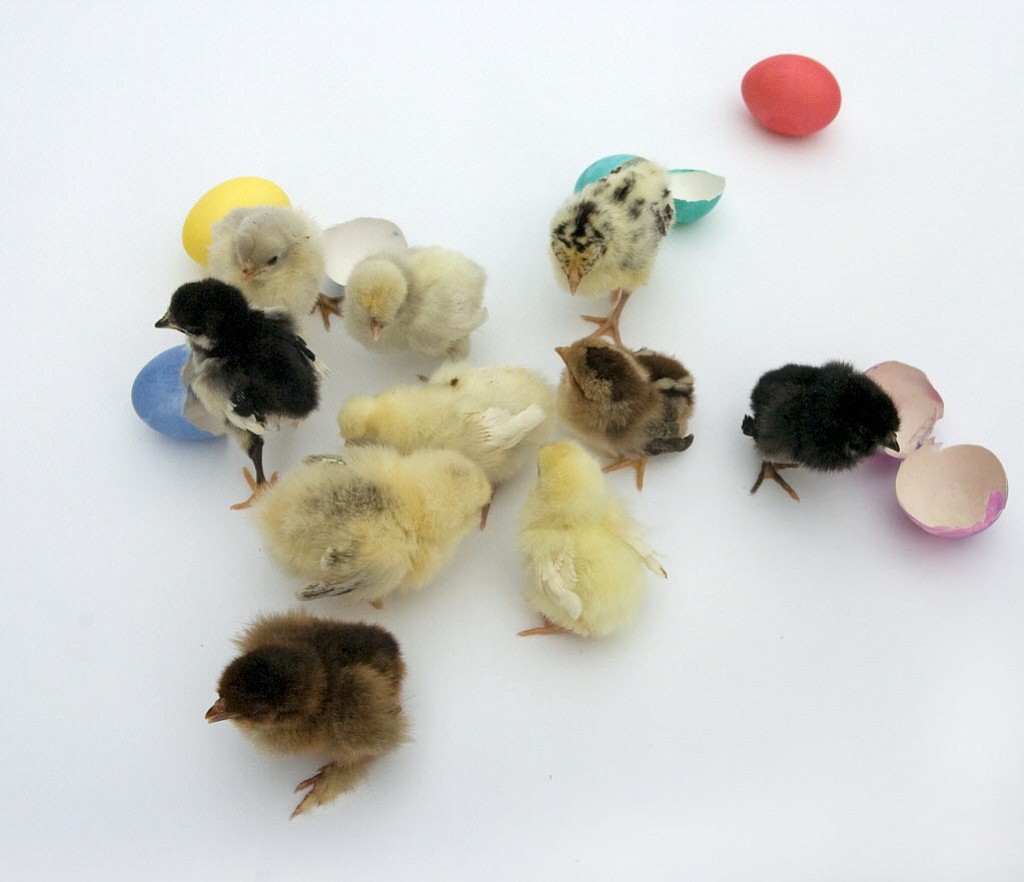As soft and cute as little chicks and ducklings are, they shouldn’t be cuddled, snuggled or kissed, health officials warn.
Springtime is typically when people are adding to their backyard flocks and maybe even giving the palm-sized birds to their kids as Easter presents. Clark County Public Health officials, however, caution against giving poultry as gifts to children.
“When you give chicks and ducklings for Easter, generally they’re really cute little things,” said Dr. Alan Melnick, Clark County Public Health director and health officer. “The little children who are generally the recipients naturally want to hold them, kiss them.
“Unfortunately, chicks and ducklings can carry a bacteria called salmonella, which can cause a really nasty infection,” he added.
Despite annual warnings from state and local health officials, in the last three years at least 39 people — including a child from Yacolt — have reported getting ill from salmonella bacteria after coming in contact with live poultry. The cases were associated with three different national outbreaks; contact with live poultry may have contributed to more than 100 other cases of salmonellosis in the state in the last three years, according to the state Department of Health.
This time of year is when the number of salmonella infection cases spikes, Melnick said.
Salmonella is a bacterial infection spread by fecal-oral transmission. Chicks and ducklings can pick up the bacteria from other birds and carry the bacteria in their intestines. Not all birds carry the bacteria, but many do, Melnick said.
When people touch the birds or their habitats, they can get the salmonella bacteria on their hands. Without a thorough hand-washing with soap and water, that bacteria can be transferred to food, other surfaces or anything the person touches, including their own mouths. Children who play with the birds may try to cuddle and kiss them, giving the bacteria a direct path to infection, Melnick said.
Salmonella symptoms can include severe diarrhea, bloody diarrhea, fever, chills, abdominal discomfort and, occasionally, vomiting. The symptoms generally appear one to three days after exposure, and infections can last from several days to months. Most people recover on their own without medication.
Young children, elderly adults and people with weakened immune systems are at higher risk for severe illness.
“There’s so many fun things you can do on Easter to make it a wonderful holiday that don’t involve giving kids live chicks and ducklings,” Melnick said. “We want people to enjoy the holiday, but do it in a healthy way.”




